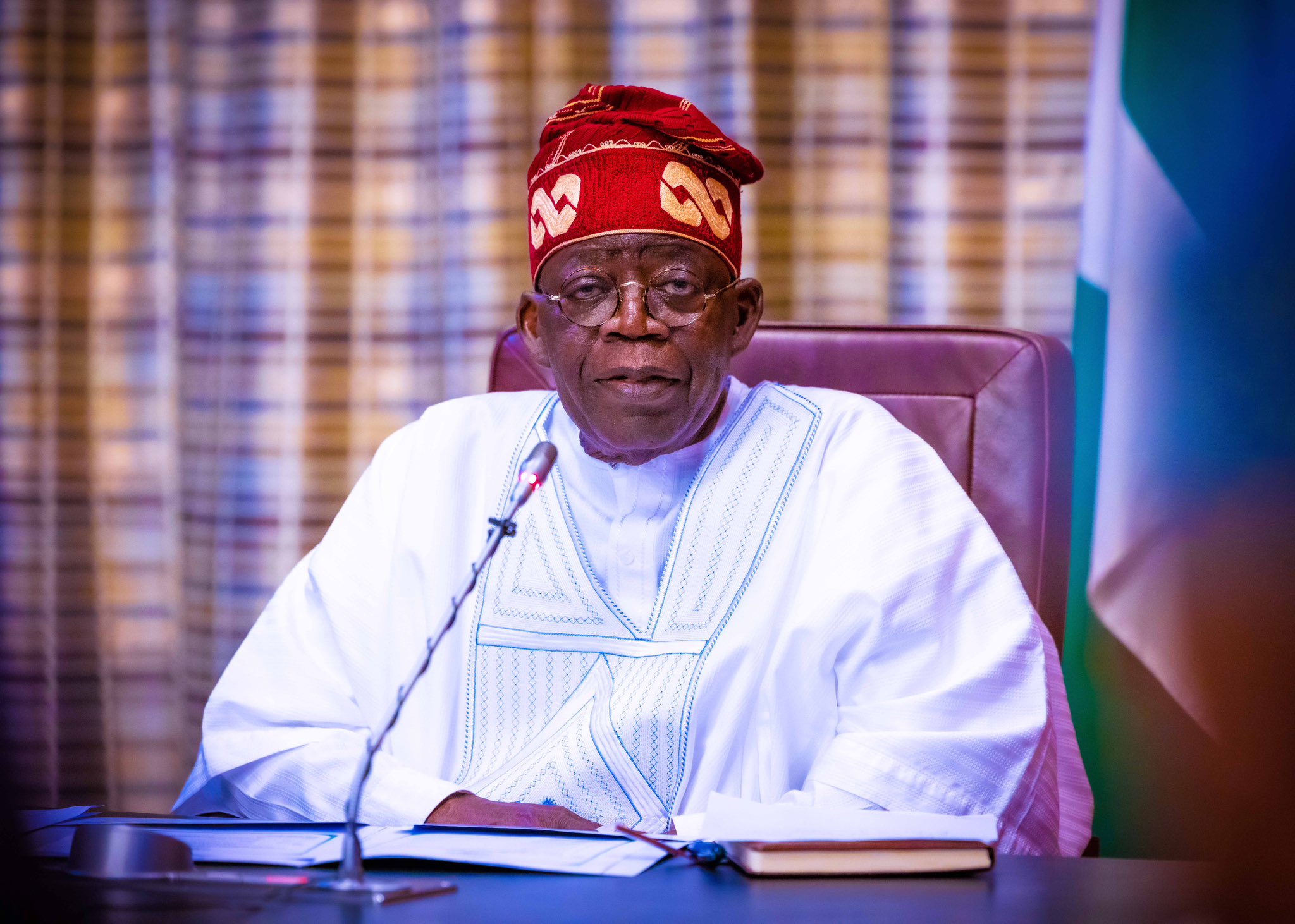

President Bola Tinubu’s unveiling of portfolios for his 46-member ministerial cabinet has ignited a flurry of controversy, particularly with regards to the allocation of key positions to the Northwest region. As the political landscape buzzes with debate, the distribution of influential roles and ministries has raised eyebrows, particularly among keen-eyed political observers in the realm of social media.
In a move akin to his predecessor, former President Muhammadu Buhari, President Tinubu has strategically allocated significant responsibilities such as security and justice to the Northern regions. However, a pattern emerges where economic-oriented ministries have been situated in the South.
Notably, the Ministries of Defence, Interior, Justice, and Police find their abode in the North, while the reins of the nation’s economic domain, along with the Ministry of Budget and National Planning, are firmly held by the South.
Yet, the most contentious issue centers around the geographical dispersal of ministerial portfolios. The Northwest, boasting a substantial allocation of 10 slots, has encountered a stir due to the appointment of five junior ministers. In stark contrast, the Southwest, with nine slots at its disposal, enjoys a higher number of substantive ministers and only two junior ministers.
The Southwest has secured strategic ministries such as Communications, Finance, Transportation, Marine, Power, Solid Minerals, and Tourism. This allocation, however, is juxtaposed with the political weight the Northwest carries, boasting the Speaker of the House of Representatives, the Deputy Senate President, and the National Chairman of the ruling All Progressives Congress (APC).
The Northeast, the home turf of Vice President Kashim Shettima, welcomes six ministers and one junior minister, receiving portfolios in Education, Health, Police, Interior, Agriculture, and Foreign Affairs.
Furthermore, President Tinubu has effectively disrupted the North’s traditional stronghold over the Ministry of the Federal Capital Territory (FCT) with his appointment of Nyesom Wike, the former Governor of Rivers State, as the FCT Minister. Remarkably, Wike’s appointment marks a significant departure from the norm, as he becomes the first FCT minister from the South since Nigeria’s democratic resurgence in 1999. This move harks back to the pre-Fourth Republic era, where figures like Ajose Adeogun and Emeka Okoye served as FCT ministers in 1976 and 1981, respectively.
With this cabinet composition, the former Governor of Lagos State now faces the looming shadow of “nepotism,” a label that critics once affixed to former President Buhari. As political discussions whirl around the regional allocation of power and influence, the nation watches closely, awaiting the unfolding impact of this carefully curated ministerial ensemble on Nigeria’s future trajectory.
No fewer than 10 persons have been shot dead after unknown gunmen stormed a popular…
The Chairman of Agatu Local Government Area of Benue State, James Melvin Ejeh, has issued…
Primate Elijah Ayodele, the leader of INRI Evangelical Spiritual Church, has issued a stern warning…
Despite the chilly conditions in Blida, located on the outskirts of Algiers, Nigeria's U17 women's…
Operatives of the National Drug Law Enforcement Agency (NDLEA) have seized illicit substances valued at…
At least 50 communities across 25 council wards in five local government areas (LGAs) in…